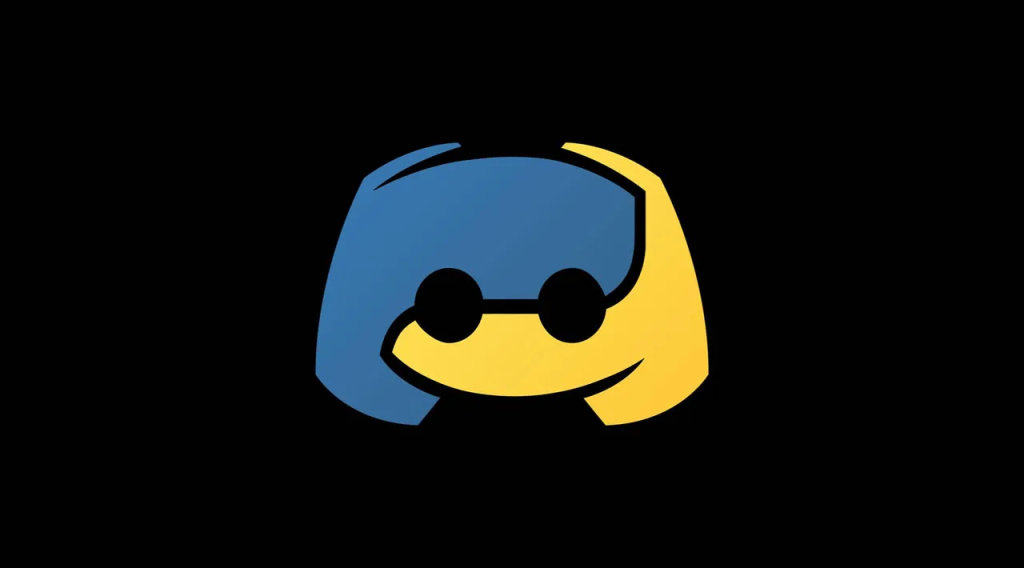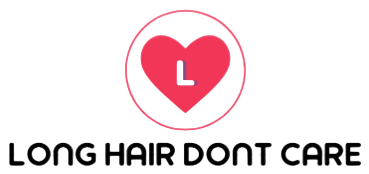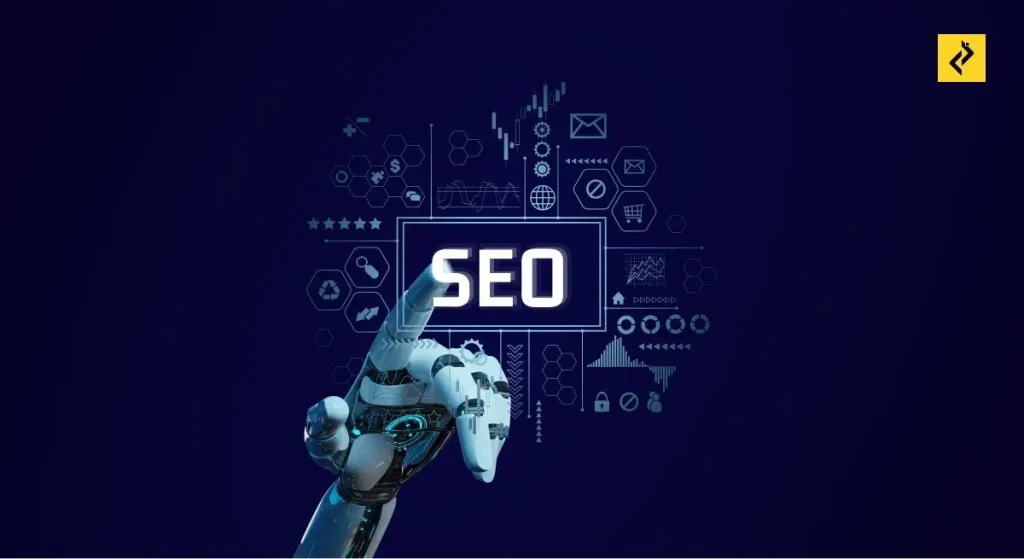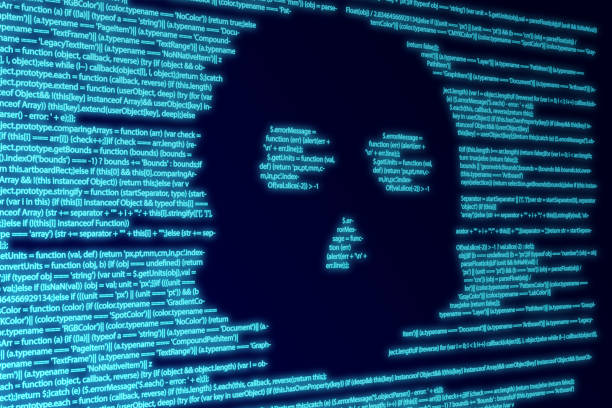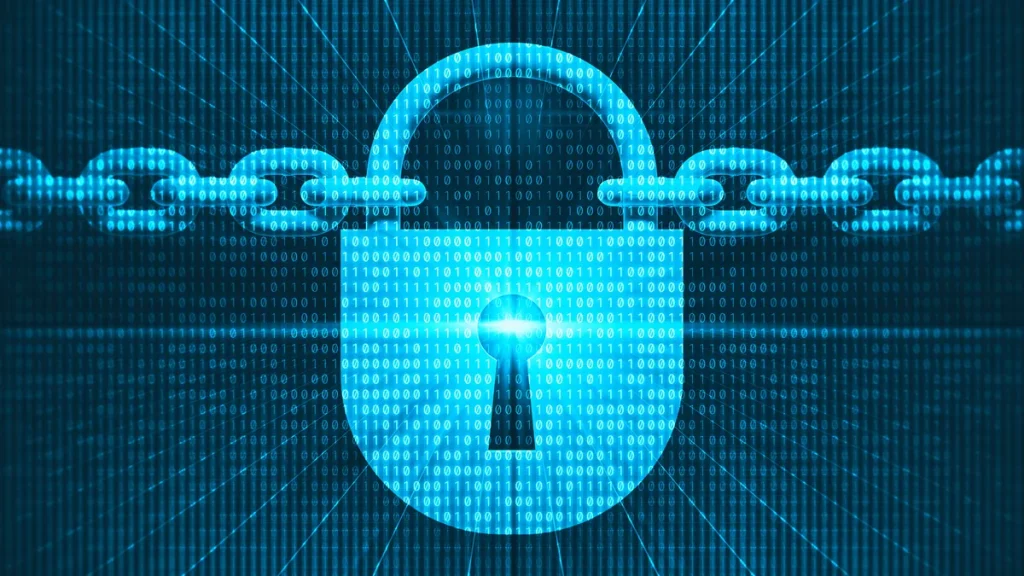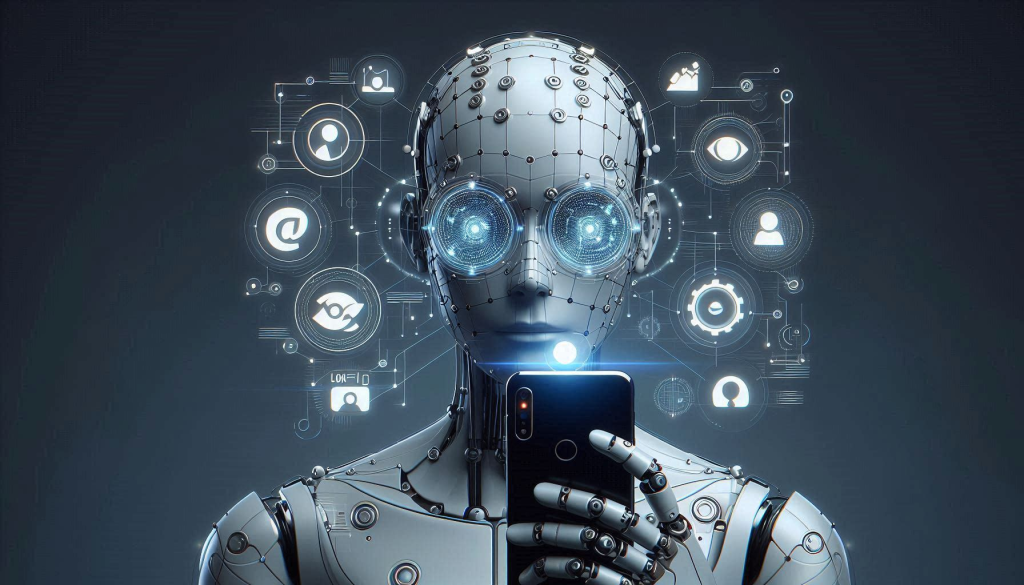Watching TikTok videos has become a favorite pastime for millions worldwide. However, streaming videos online requires a stable internet connection, which is not always available. Snaptik changes this by allowing users to download their favorite TikTok videos and watch them offline without any interruptions. This tool is designed to offer simplicity, speed, and reliability for all users. Whether it is trending content, videos, or entertaining clips, Snaptik ensures users can access them anytime and anywhere. With Snaptik, saving and enjoying TikTok videos offline becomes effortless and convenient.
Seamless Video Downloading
One of the main advantages of Snaptik is its seamless video downloading capability. Users do not need complex procedures or technical skills to save their favorite TikTok videos. The platform is intuitive and easy to navigate.
- Users can download videos with just a few clicks.
- No need to register or create an account.
- Works across various devices, including smartphones, tablets, and computers.
- Supports multiple video resolutions depending on user preference.
This simplicity ensures everyone, from casual users to avid TikTok fans, can enjoy uninterrupted video content offline.
High-Speed Performance
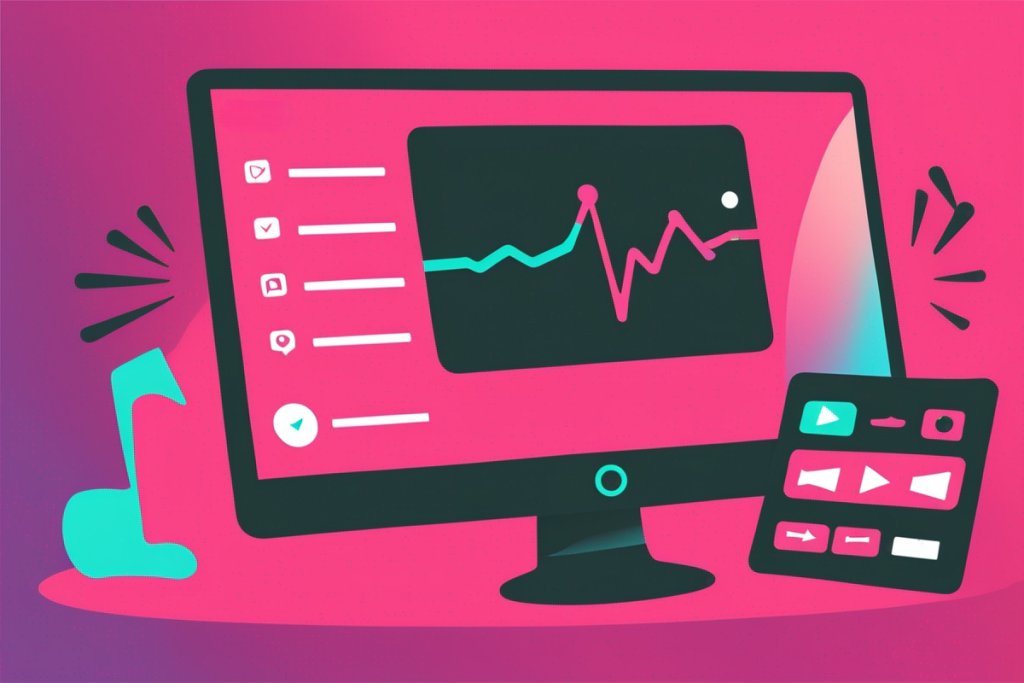
Snaptik stands out for its high-speed downloading feature. Waiting for videos to download can be frustrating, but Snaptik handles this efficiently. The platform uses advanced technology to ensure videos are saved quickly without compromising quality.
- Fast download speeds reduce waiting time.
- Videos maintain their original resolution and clarity.
- Optimized for both low and high-bandwidth connections.
This speed ensures users can quickly save multiple videos and enjoy them without delays.
Compatibility Across Devices
Snaptik is designed to work seamlessly on various devices. Whether you are using Android, iOS, Windows, or Mac, Snaptik delivers consistent performance. This flexibility allows users to access their saved content on any preferred device.
- Works on smartphones, tablets, and desktop computers.
- Compatible with multiple operating systems.
- Supports offline viewing without device limitations.
The cross-device compatibility makes it convenient for users who want to enjoy TikTok videos at home, during travel, or at work.
Easy Sharing Options
Apart from downloading videos, Snaptik allows users to share their favorite content with friends and family. The platform simplifies this process, making it easy to spread entertaining, educational, or inspiring videos.
- Share downloaded videos directly via social media or messaging apps.
- Maintain video quality while sharing.
- No additional software required to share videos.
This feature makes Snaptik not just a tool for personal use but also a platform for social connectivity and content sharing.
Offline Access Anytime
The core benefit of Snaptik is offline accessibility. Once videos are downloaded, users can watch them anywhere, even without internet access. This is particularly useful during travel, in areas with poor connectivity, or when trying to save mobile data.
- Watch videos without an internet connection.
- No buffering or interruptions.
- Access saved videos anytime, anywhere.
Offline access ensures uninterrupted entertainment and allows users to enjoy TikTok content according to their schedule.
High-Quality Downloads
Snaptik focuses on preserving the quality of videos. Downloaded content retains its original clarity, making offline viewing as enjoyable as online streaming. Users do not compromise on video resolution when using Snaptik.
- Supports HD and standard resolutions.
- Maintains original sound and video synchronization.
- Ideal for professional or personal use without quality loss.
High-quality downloads enhance user satisfaction and ensure a premium experience.
User-Friendly Interface
A key reason Snaptik is widely appreciated is its simple and user-friendly interface. Users can navigate the platform easily without facing any technical barriers. The layout is straightforward, guiding users to download videos quickly and efficiently.
- Clean and intuitive design.
- Simple navigation for all users.
- Minimal steps to complete video downloads.
This approach ensures that even first-time users can benefit from Snaptik without confusion or delays.
Secure and Reliable
Snaptik prioritizes user security and reliability. Downloading videos can sometimes carry risks, but Snaptik ensures a safe environment for its users.
- Free from malware and harmful software.
- Reliable servers ensure uninterrupted downloads.
- No hidden charges or subscriptions required.
Users can confidently download and enjoy TikTok videos without concerns about security or reliability.
Flexible Video Management
Managing downloaded videos is effortless with Snaptik. Users can organize, rename, and store their content efficiently. This flexibility adds convenience for those who like to maintain a library of favorite videos.
- Save videos in organized folders.
- Rename files for easy identification.
- Re-watch, share, or transfer videos effortlessly.
Efficient video management ensures that users can access their favorite content without searching endlessly.
Supports Multiple Video Formats
Snaptik accommodates different video formats, enhancing compatibility with various devices and media players. Users can choose formats that best suit their needs.
- Download videos in MP4, MOV, and other popular formats.
- Ensures compatibility across multiple devices.
- Provides flexibility for editing or sharing content.
Supporting multiple formats increases the utility and adaptability of Snaptik for diverse users.
Ideal for Content Creators
Content creators can benefit from Snaptik by saving inspiration, references, or trending videos for offline access. This helps in planning, editing, and creating content efficiently.
- Save trending videos for analysis.
- Access references without internet dependency.
- Use videos legally for inspiration or study purposes.
For creators, Snaptik becomes a valuable tool in enhancing productivity and creativity.
Conclusion
Snaptik is a powerful tool that transforms how users access TikTok content. By providing offline availability, high-speed downloads, and high-quality video preservation, Snaptik ensures that entertainment and learning are always at hand. Its simplicity, compatibility, and security make it a reliable choice for anyone who wants to enjoy TikTok videos without limitations.
- Quick and easy video downloads with minimal steps.
- High-speed performance ensuring videos are saved rapidly.
- Cross-device compatibility for smartphones, tablets, and desktops.
- Offline accessibility anytime, anywhere.
- High-quality video downloads preserving original resolution and sound.
- User-friendly interface suitable for all users.
- Secure and reliable platform free from malware.
- Flexible video management and organization.
- Support for multiple formats to ensure compatibility.
- Ideal for content creators and learners for enhanced productivity.
With Snaptik, users can unlock the full potential of TikTok content, making every video accessible anytime, anywhere, and offline. This tool has redefined convenience and flexibility, proving essential for casual viewers, learners, and creators alike. By combining speed, quality, and simplicity, Snaptik ensures that users never miss out on their favorite TikTok moments.
